The Forbidden City
Arriving at The Forbidden City’s northern gate (below), we jumped out of the car and were immediately presented with a scene, that matched exactly, all the postcards and tourist books you see from this part of the country featuring the large, distinctive, single and double eaved palaces and other royal quarters. It was at about this time that I think Dad and I both suddenly clicked that we weren’t in our respective home towns anymore.
We met up with another guide, Tina, as we approached the northern gate entrance, and together the four of us (pretty awesome tour group size I have to say) passed through the vast, imposing city walls.
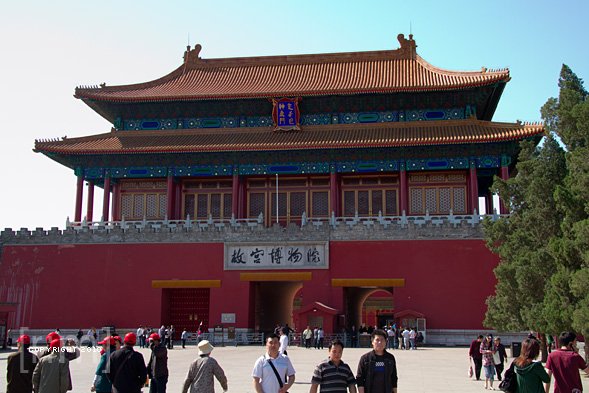
Now a registered UNESCO World Heritage site due to its Chinese historical, architectural and cultural significance, The Forbidden City spans over a massive 720,000 square meters. Completed in 1420, the “city” served as the Chinese imperial palace and home of 24 Emperors, spanning the Ming and Qing dynasties over five centuries.
I could probably go on and on with structural statistics and all sorts of interesting historical tidbits relating to The Forbidden City, considering the impressive complex has so many unique and fascinating stories to tell, but Wikipedia does a much better job at covering all that kind of stuff, so check out The Forbidden City article if you’d like to read up about it in-depth.
Here’s a few fast facts for the time-starved amongst you:
Construction lasted 15 years, and required more than a million workers.
The Forbidden City is the world’s largest surviving palace complex consisting of numerous, beautifully kept gardens, palaces, halls and royal residences.
The Forbidden City is surrounded by a 7.9 meter (26 ft) high city wall and a six-meter deep, 52 meter (171 ft) wide moat.
The sloping ridges of building roofs are decorated with a line of statuettes lead by a man riding a phoenix and followed by an imperial dragon. The number of statuettes represents the status of the building.
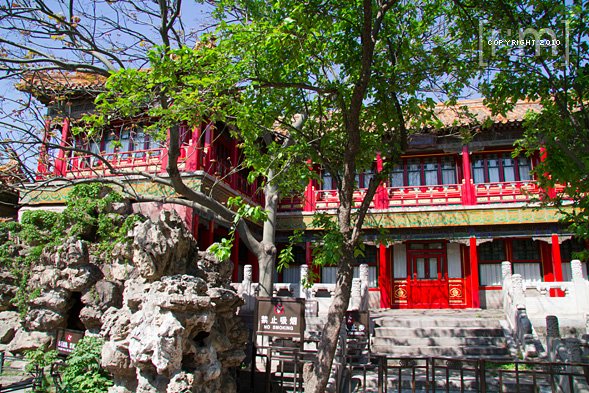
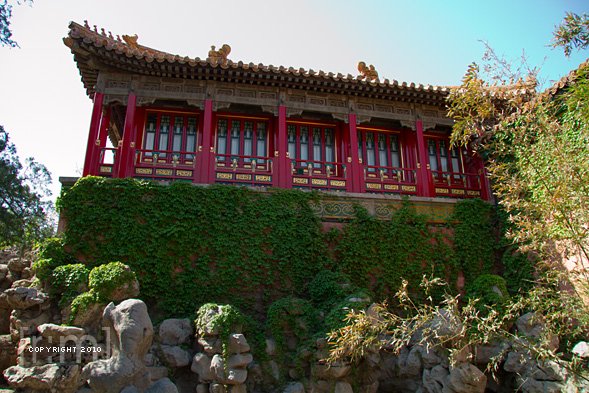
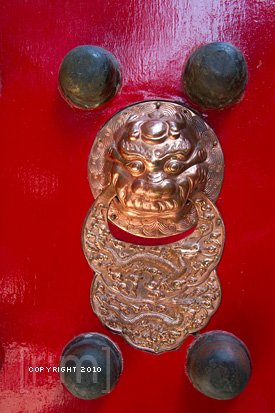
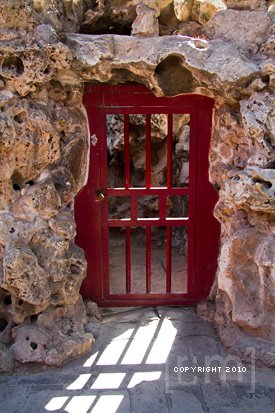
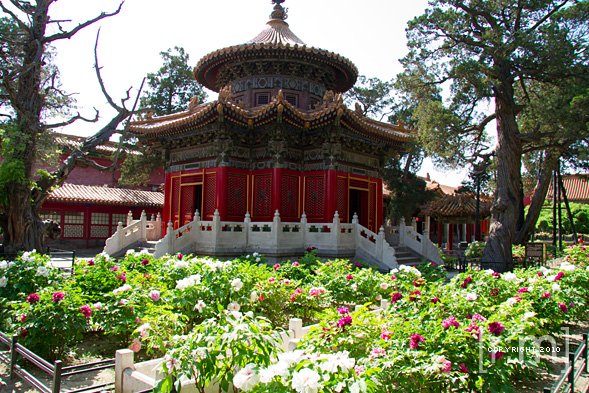
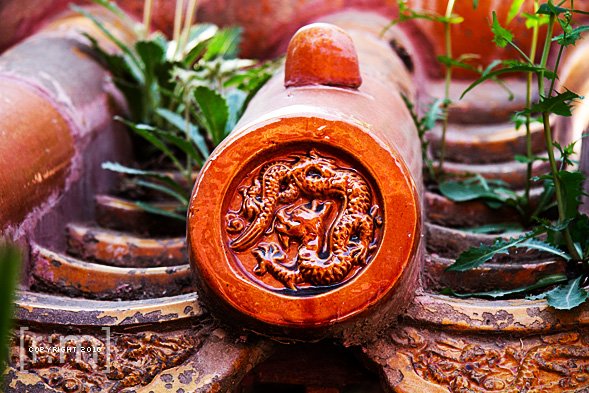
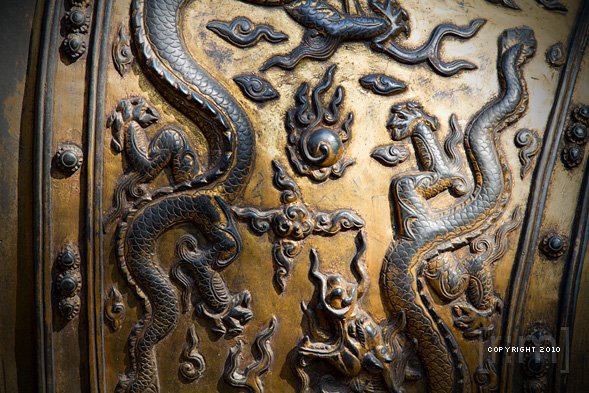
Double Glory Palace / Shu Fang Zhai
Now I must divulge at this point that neither Dad (think I can speak on his behalf) nor I are huge buffs when it comes to Chinese history. So it’s fair to say that any of the historical highlights we encounter over the coming days will probably be met with a mixture of amazement and relative ignorance. Take, for example, our first stop this morning in The Forbidden City.
One of the things that makes the Cathay Pacific China Experience tours so unique and special is that they include a number of “VIP” opportunities – experiences not available to your everyday tourist or member of the general public. Our visit this morning to The Double Glory Palace and Shu Fang Zhai were the first two of these such VIP highlights.
The following two paragraphs are taken from the China Experience website and explain briefly these two highlights.
The Palace of Double Glory (Chonghua gong)
In 1727, the Yongzheng Emperor built this palace for his heir, the Qianlong Emperor. After Qianglong ascended the throne, he moved away, but continued to use the palace as a private meeting place for his friends and ministers.
Every New Year’s day, the Emperor would host an annual tea party where grand secretaries, palace ministers and members of the Imperial Academy accompanied Qianlong to drink tea and write poetry.
With much of the furniture and building’s arrangement still intact since Qianlong’s reign, you will experience an exclusive glimpse into the day to day lives of China’s royalty.
Shu Fang Zhai
While the Shu Fang Zhai has never been opened to the public, it has served as a reception area for Heads of State and visiting dignitaries. On this VIP tour, you’ll also have the unique opportunity to view the two stages where the Imperial family would host operas for celebratory banquets or treat specially invited officials with the tea of three purities during the first Lunar month.
Most of the furniture you’ll see inside date back to the Qing Dynasty.
While we weren’t permitted to take any photos inside the Double Glory Palace, I can tell you that some of the furniture was amazing including these delicately crafted jade murals that featured on many of the walls. I had to keep reminding myself how old all of this stuff was. Wow!
I was able, however, to attempt to snap a few shots of the ornate main stage of the Shu Fang Zhai. It was fast approaching the middle of the day by now and lighting (high contrast) wasn’t great for any kind of shots, but here’s a few of what we took, below.
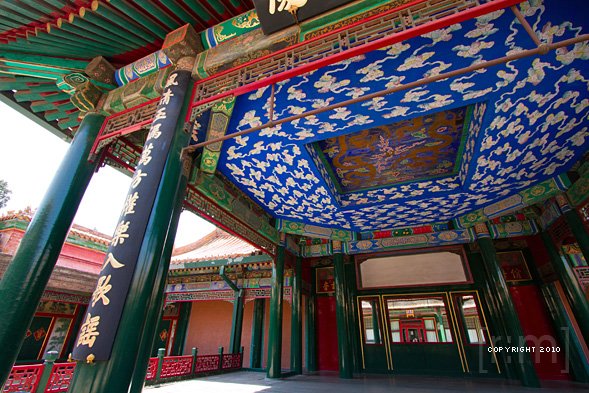
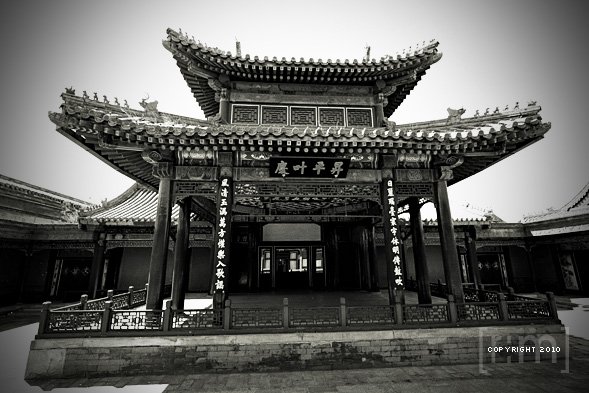
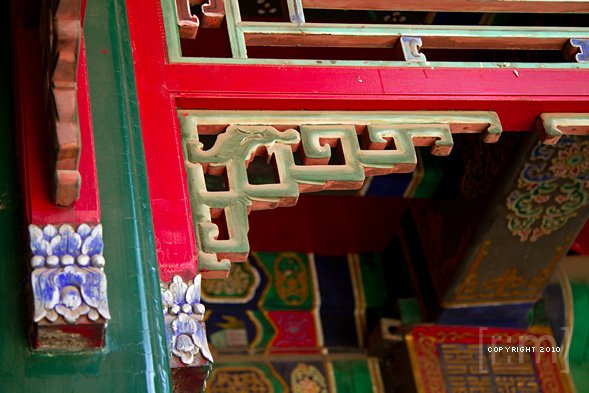
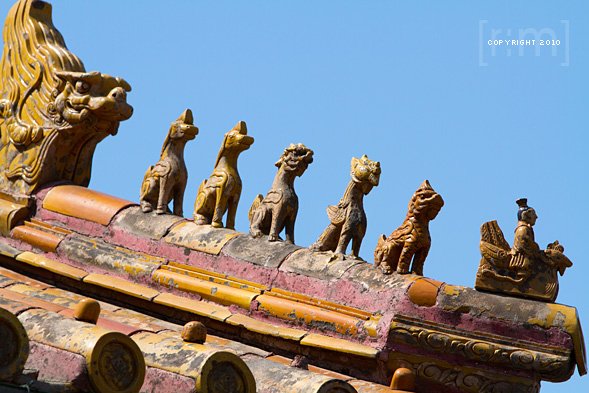
More Forbidden City
With our first VIP experiences behind us, Jessica, Tina, Dad and I continued onto our next task which was to wander the remainder of the 961m long north/south axis of The Forbidden City, along with thousands of others, taking in stunning views of some of the more notable buildings of the city like the Hall of Preserving Harmony, the Hall of Central Harmony and largest and most impressive building of all, the Hall of Supreme Harmony.
Returning back to the public or “non-VIP” area of the city, we realised just how privileged we were earlier in the morning with our VIP mini-tours. We found ourselves darting in and out of large numbers of tourists sporting group defining, wildly coloured baseball caps and bucket hats which, of course, matched the flag being held by their respective guides. On more than one occasion I turned to Dad with a, “how lucky are we to be avoiding that circus act” look on my face. He grinned in agreement.
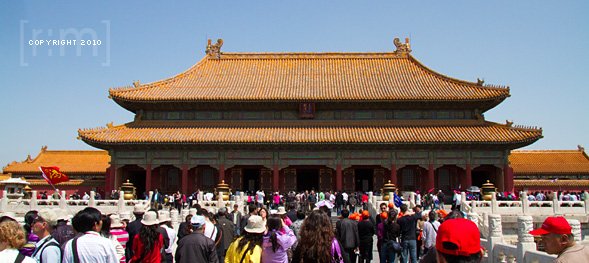
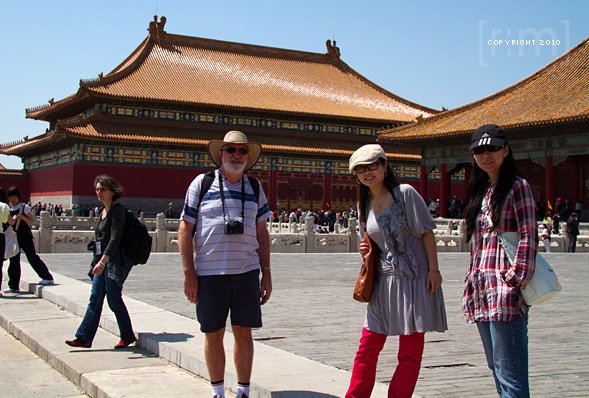
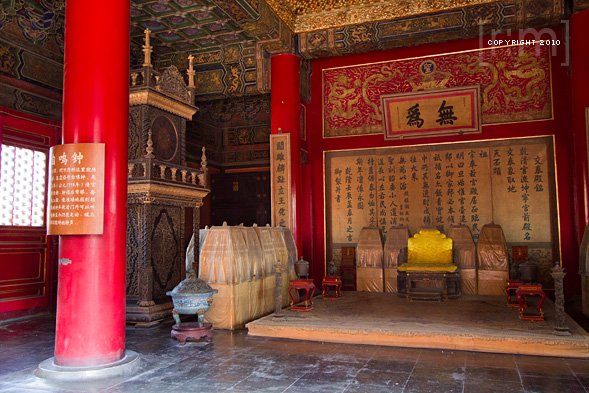
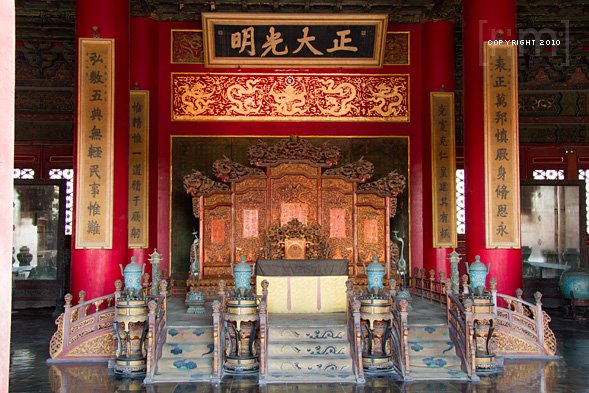
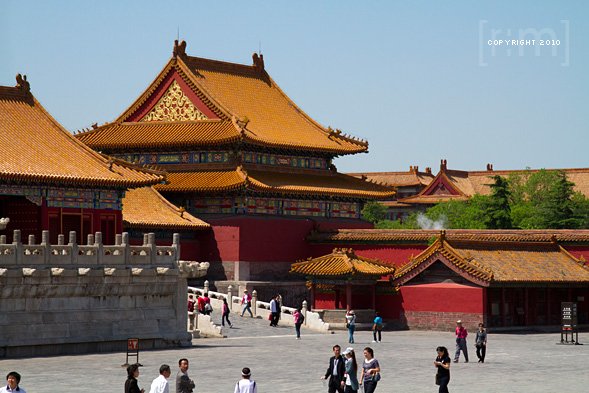
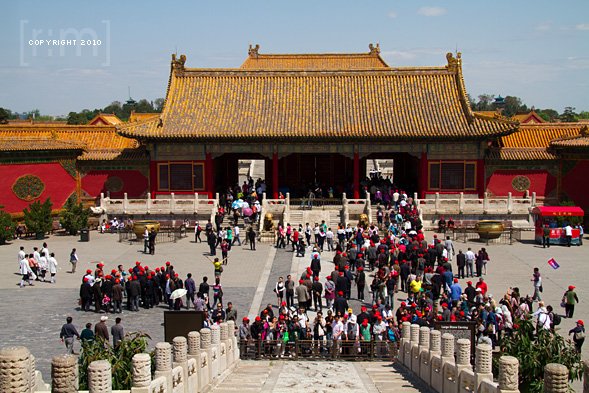
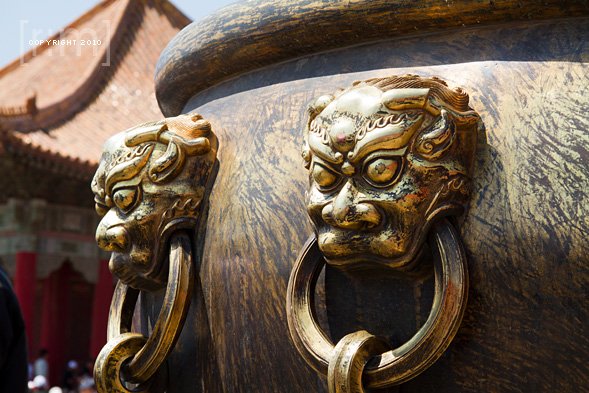
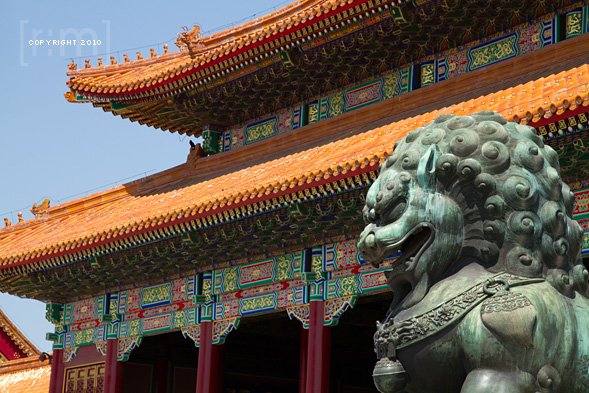
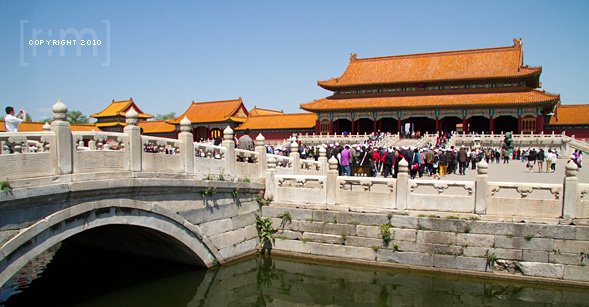
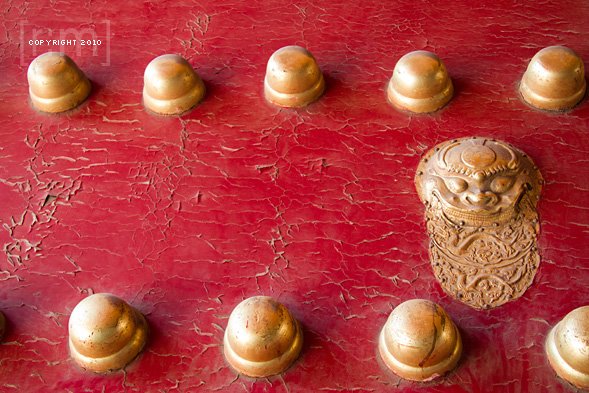
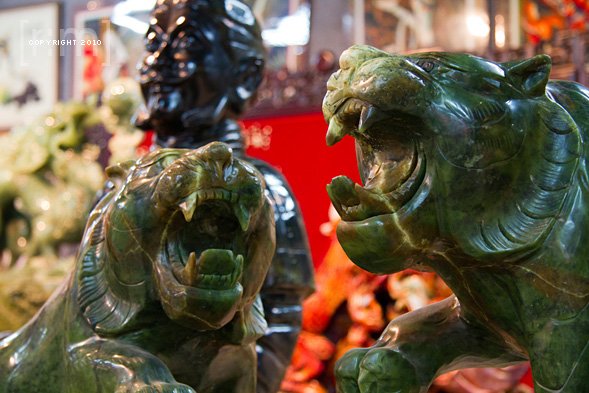
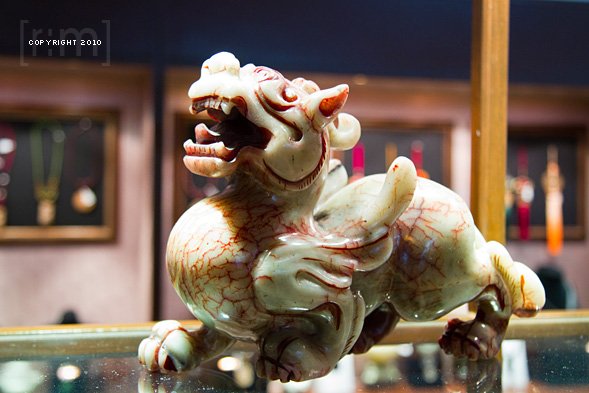
mantaps om
:-)
:p
ide yang bagus om...
:-) thnks dude pls follow me
nice article ... i like it, follow me @ikamili
thank you
thnks man
great article
good articles, nice try